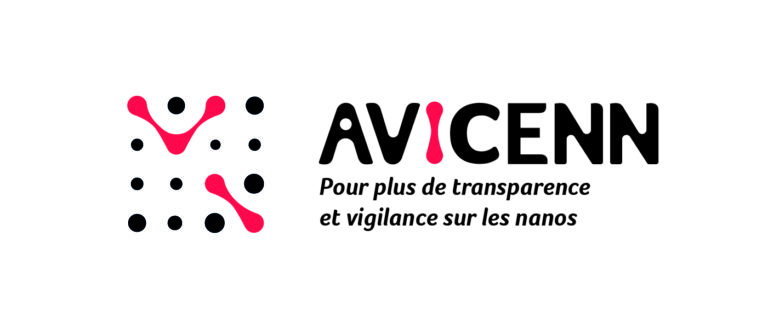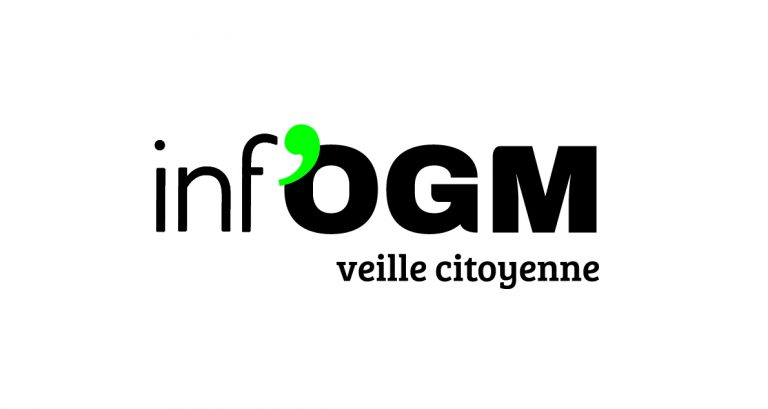Actualités
Veille juridique Inf’OGM du 21 avril au 12 mai 2020
FRANCE
•Gouvernement
Notification de trois projets de décrets destinés à modifier la législation française sur les OGM
« Le 6 mai 2020, le gouvernement a notifié à la Commission européenne trois projets de textes réglementaires destinés à modifier la législation française sur les OGM et la liste des variétés autorisées à la commercialisation. D’ici début août, le premier de ces textes doit encore être soumis à l’avis du Haut Conseil des biotechnologies et mis en consultation publique. En l’état, le gouvernement français prévoit de déclarer que les techniques de « mutagénèse aléatoire in vitro », comme toute mutagénèse dite « dirigée », donnent des OGM réglementés. Il a identifié une centaine de variétés contenant un même caractère de tolérance aux herbicides obtenu par une technique donnant des OGM réglementés ».
Lien : https://www.infogm.org/7002-france-ogm-autorises-bientot-interdits
UNION EUROPÉENNE
•Commission européenne
Réponse à une question parlementaire : Participation et objectivité à la consultation publique de la DG Santé concernant l’étude de la Commission sur les nouvelles techniques génomiques
Question n°1150/2020 du 26 février 2020
Six industry associations invited to DG SANTE’s consultation on new genomic techniques represent the interests of agrochemical-biotech industries. A Corporate Europe Observatory report showed that the biotech industry pressured for the deregulation of new GM techniques, which means allowing GM products to enter the food chain and the environment without meeting the EU’s regulatory requirements.
1. How will the Commission ensure that this will not produce biased results that could thwart its efforts to promote organic agriculture as part of the Farm to Fork Strategy ?
2. The stakeholders invited to the consultation are only Brussels-based organisations, and NGOs account for less than 12 %. A recent report by the Court of Auditors recommends that the Commission should promote greater participation. Has the Commission taken any steps to improve its consultations in accordance with the report’s recommendations ?
Réponse donnée le 23 avril 2020 par S. Kyriakides au nom de la Commission européenne
1. The Council of the European Union requested the Commission to submit, by 30 April 2021, ‘a study in light of the Court of Justice’s judgment in Case C-528/16 regarding the status of novel genomic techniques under Union law’. In this context, the Commission is carrying out targeted consultations with Member States and EU-level stakeholders. The participating stakeholders are active not only in the agri-food chain, but also in a variety of fields, e.g. pharmaceutical, cosmetic, academia/research, environmental protection, and, notably, include organic business operators and breeders. This ensures that the consultation is not biased and that the organic sector views are taken into account.
2. Overall, the Commission launches the majority of its open public consultations in all official EU languages in order to improve the outreach to stakeholders and to follow up to the cited Court of Auditors recommendations. However, the cited Court of Auditors’ report refers to public consultations, while the ongoing process on new genomic techniques is a targeted consultation. It addresses Member States’ competent authorities, which are expected to consult further within each Member State, and EU-level stakeholder organisations that could be directly or indirectly affected and/or have potential interest in new genomic techniques ; the above procedure guarantees a broad Union overview, while allowing national-level views.
Lien : https://www.europarl.europa.eu/doceo/document/E-9-2020-001150-ASW_EN.html
ACTUALITÉ DES OGM DANS LE MONDE
• Pérou
Projet de règlement d’application concernant la loi sur les biotechnologies
Du 7 avril au 31 mai 2020 le projet de règlement interne sectoriel sur la prévention des risques biotechnologiques pour le développement d’activités impliquant des organismes vivants modifiés destinés au secteur agricole du Pérou est soumis à commentaires.















